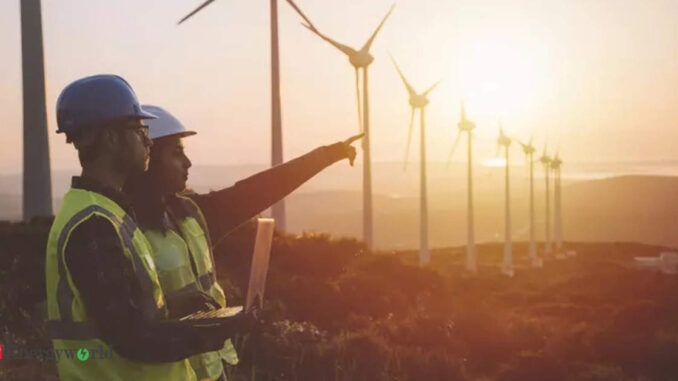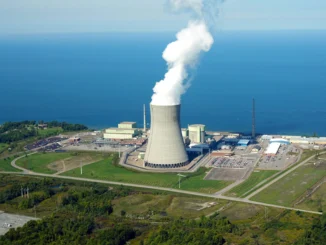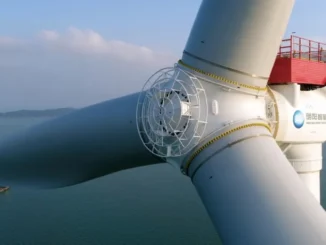
The target, set in January 2018, would have increased India’s renewable energy capacity to 43of its current energy mix. The government now says it hopes to achieve the goal by mid-2023. BENGALURU:Indiawill miss itsrenewableenergy target for the end of the year, with experts saying “multiple challenges” including a lack of financial help and taxes on imported components are stalling the clean energy industry.
The country has installed just over half of its planned renewable energy capacity, a high level parliamentary report found last week.
The target, set in January 2018, would have increased India’s renewable energy capacity to 43of its current energy mix. The government now says it hopes to achieve the goal by mid-2023.
The shortfall is down to “inconsistent federal and state-level renewable energy policies, excessive custom duties on renewable energy related products as well as financing issues,” saidVibhuti Garg, an energy economist based in New Delhi, who added that the solar industry is particularly vulnerable to such roadblocks.
She added that “improving the financial health of government-owned power companies” would help build out renewable capacity in India. State-owned power companies have been struggling as a result of delays in government grants and consumer payments and the COVID-19 pandemic which led to shutdowns of energy-heavy industries.
India’s parliamentary committee stated that ministry-level approvals for solar projects take “an unduly long time” making it difficult for new solar parks to open.
It added that state-owned energy companies owe 117 billion rupees ($1.5 billon) to renewable energy generators and developers and the debt contributed to the slow buildout of clean energy.
The Indian government’s ministry of new and renewable energy, which is in charge of meeting the nation’s renewable energy targets, attributed the failure to meet targets to the COVID-19 pandemic.
India, the third largest emitter of carbon dioxide after China and the U.S., recently finalized its climate targets and pledged that 50 per cent of power generation will be from clean energy sources by 2030. The country’s energy needs are expected to double by the end of the decade as the populations grows and the government seeks to improve living standards.
India’s climate targets were rated as “insufficient” byClimate Action Tracker, an organization which conducts independent scientific analysis to determine if a country’s ambitions are in line with limiting warming to 1.5 degrees Celsius (2.7 degreesFahrenheit) or 2C (3.6F).
Other observers say that the failure to meet these targets is not as big a setback as it appears to be.
While the target won’t be achieved, “it has played an important role in directing India’s electricity and power generation systems towards renewable energy,” said Ashish Fernandes of Climate Risk Horizons, an organization which looks at the risks climate change poses to India’s economy.
He added that long-term agreements to purchase coal power has stopped federal and state energy companies from investing heavily in renewables.
“We need to start retiring old, expensive coal plants and replacing them with renewable energy. This can save energy companies and consumers a lot of money as well,” he said.



